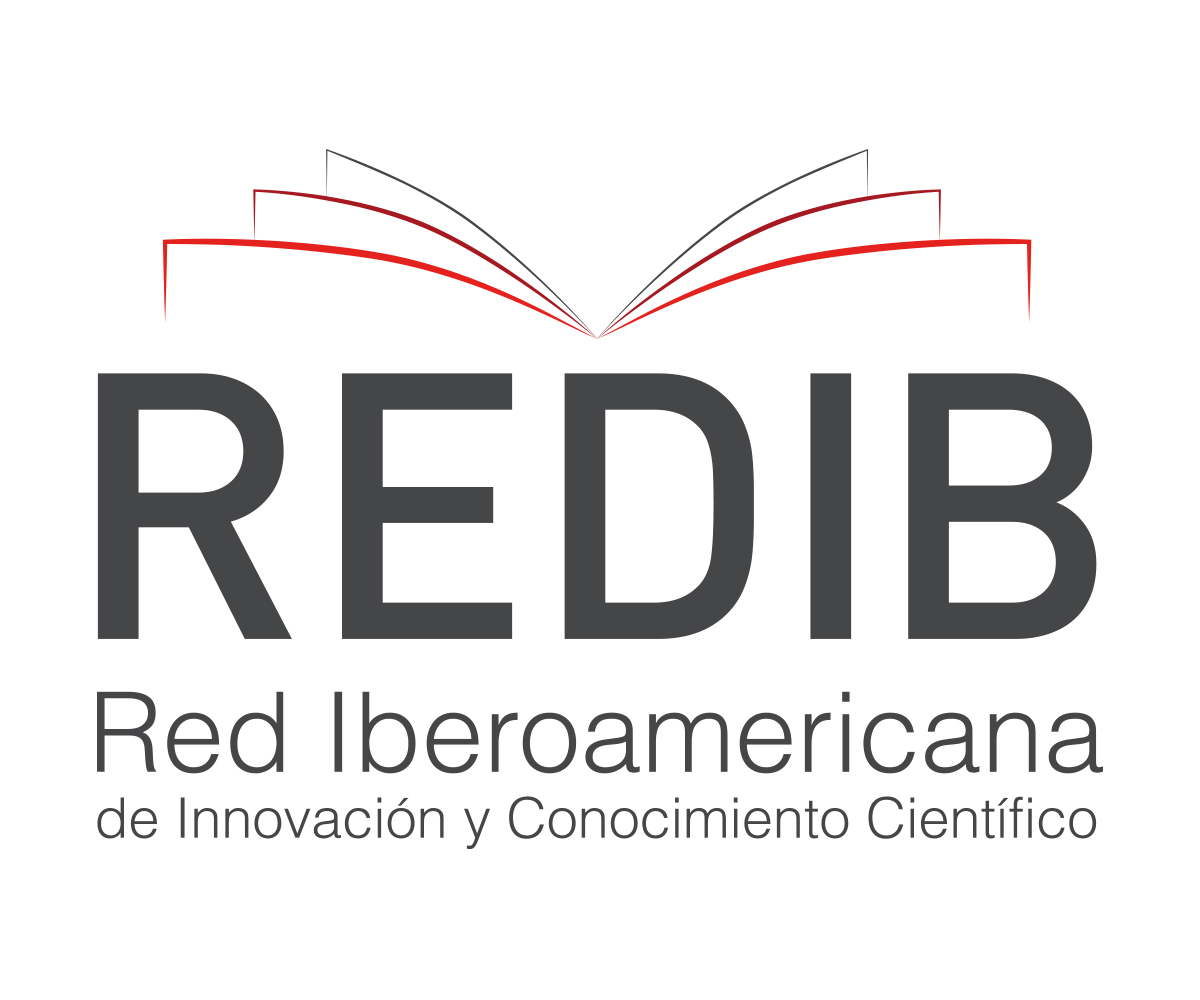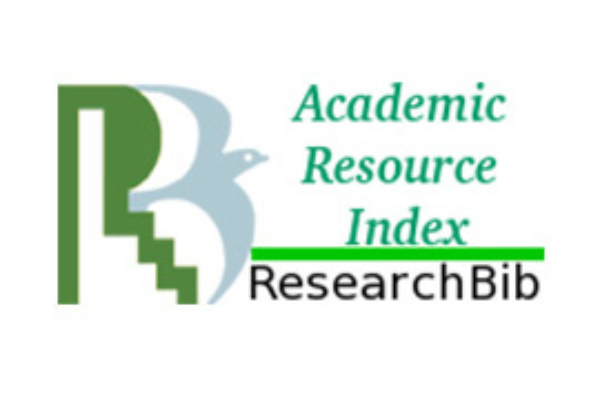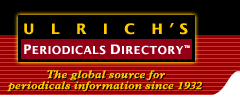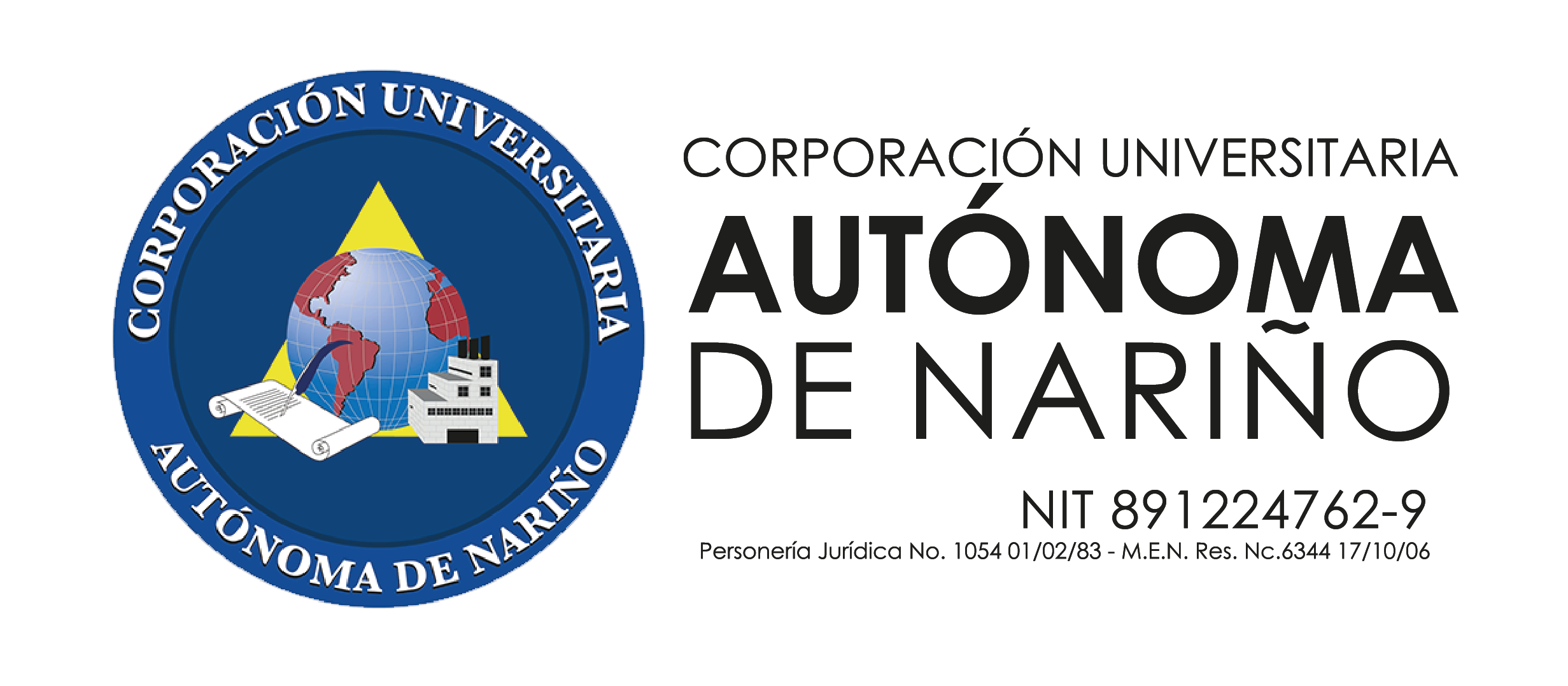Región Museo
Iniciativas y experiencias de trabajo comunitario para el patrimonio cultural en Boyacá
DOI:
https://doi.org/10.47666/summa.6.1.3Palabras clave:
Lengupá, patrimonio cultural inmaterial, cocina tradicional, experiencia de trabajo comunitario, museosResumen
Lengupá, ubicada en el departamento de Boyacá, ha sido estudiada durante años por los investigadores de la Fundación Región Museo. Esta región y sus gentes se han convertido en amigos y aliados con quienes el patrimonio cultural ha sido abordado desde la historia, la memoria, el conflicto armado, la tradición oral, la economía, la geografía, el arte, la educación, y otros sectores de la vida cotidiana. El objetivo de este trabajo es visibilizar las experiencias comunitarias de patrimonio cultural que ha tenido la Fundación Región Museo. El territorio se ha pensado como una construcción espacial dotada de un cúmulo de saberes y prácticas transversales de sus habitantes. Estos saberes se enmarcan en el denominado patrimonio cultural inmaterial y tienen que ver con el conocimiento sobre la tierra, los alimentos, las plantas, el vínculo de la gente con las montañas, los ríos y su relación significativa con otros tantos seres que habitan la región. En este proceso de aprendizaje y de la mano de las comunidades hay una unión entre ciencias como la agricultura, la arqueología, la economía, la política que en diálogo con el conocimiento empírico define valores y tejen reflexiones contemporáneas entorno a la gestión del patrimonio cultural.
Descargas
Citas
Alvarado, N., y Bernal, D. (2022). La cocina tradicional en Lengupá. Una perspectiva desde el patrimonio cultural integrado. En J. Martínez. (Ed.), Avances en investigación científica. Tomo III Ciencias multidisciplinares. Primera edición (pp. 76-90). Corporación Universitaria Autónoma de Nariño. Extensión Santiago de Cali - Colombia.
Cabeza, M. D. C. D., & del Carmen, M. (2010). Criterios y conceptos sobre el patrimonio cultural en el siglo XXI. Serie de materiales de enseñanza, 1, 1-25. http://desarrolloweb.ubp.edu.ar/wp-content/uploads/2013/12/112010ME-Criterios-y-Conceptos-sobre-el-Patrimonio-Cultural-en-el-Siglo-XXI.pdf
Cabrera Martínez, A. M., & Vidal Ortega, A. (2017). Organización del patrimonio cultural en Colombia: Una categoría inexplorada. HiSTOReLo. Revista de Historia Regional y Local, 9(18), 383-421. http://www.scielo.org.co/pdf/histo/v9n18/2145-132X-histo-9-18-00383.pdf
Medina, F. X. (2017, July). Reflexiones sobre el patrimonio y la alimentación desde las perspectivas cultural y turística. In Anales de antropología (Vol. 51, No. 2, pp. 106-113). No longer published by Elsevier.
Reyes, N. A., & Monroy, D. B. (2022). La cocina tradicional en Lengupá. Una perspectiva desde el patrimonio cultural integrado. Libro resultado de investigación, 76.
Rozo, L. (2020). Infraestructura cultural comunitaria: un modelo de sostenibilidad y gestión para el patrimonio cultural marítimo de Bocachica, Cartagena de Indias. [Tesis de pregrado]. Universidad Externado de Colombia. https://bdigital.uexternado.edu.co/entities/publication/7c93fecd-04a9-484f-acee-3e5164612597.
Salge, M. (2018). El principio arcóntico del patrimonio. Origen, transformaciones y desafíos de los procesos de patrimonialización en Colombia (ediciones Uniandes). http://dx.doi.org/10.3077/2018.49.
Velásquez Contreras, A. (2007). La organización, el sistema y su dinámica: una versión desde Niklas Luhmann. Revista Escuela de Administración de Negocios, 61, 129-155. https://www.redalyc.org/pdf/206/20611495014.pdf





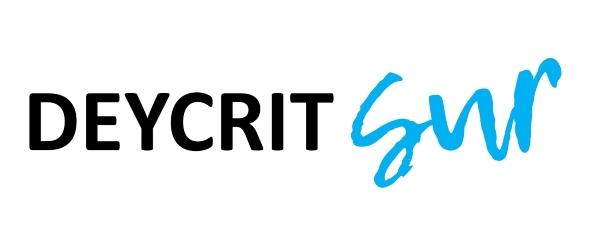




.jpg)
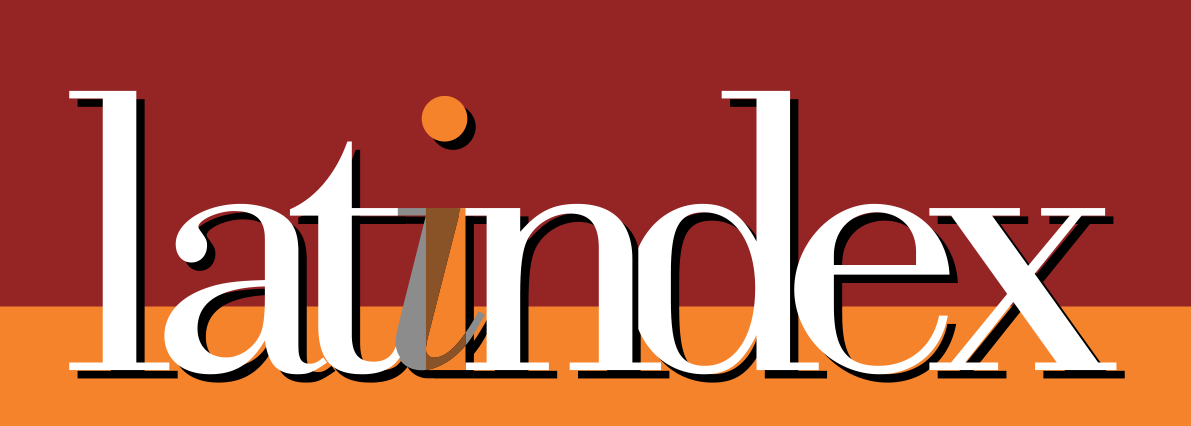
.png)
.png)


